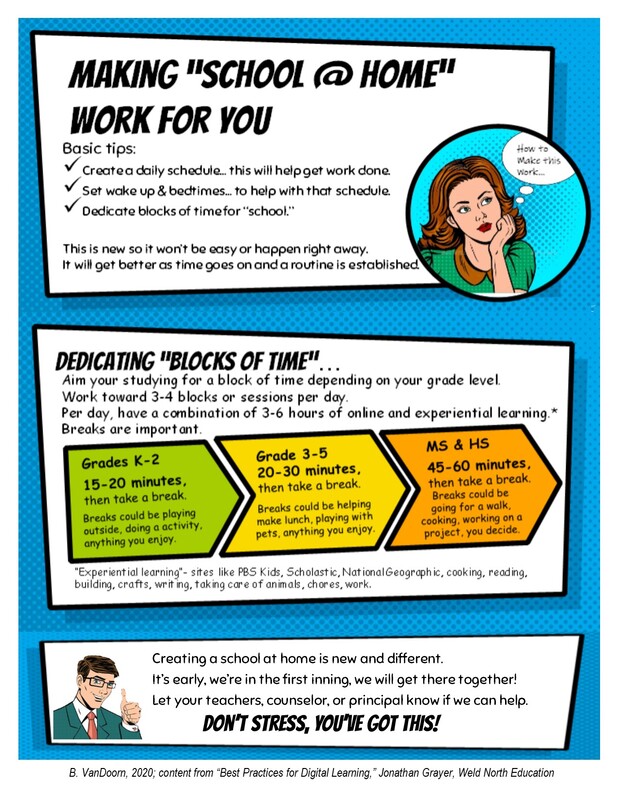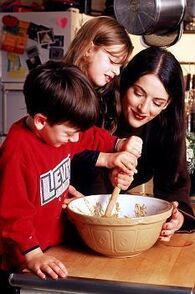Mindfulness has become a helpful tool for educators and students, but when it comes to practicing mindfulness, how it’s done can make things worse.
Himelstein has worked with teachers who get upset when students don’t want to engage in mindfulness a certain way -- perhaps they don’t want to close their eyes or won’t sit the recommended way. But none of those things are truly about mindfulness, Himelstein said. Forcing students to engage with the practice in prescribed ways may do more harm than good, especially if the student has experienced trauma.
“Calming down is great and it is a skill that youth can get better at. But if we’re talking about mindfulness, at its core, we are just talking about being present with whatever it is.”
“You never want to force people to close their eyes,” says Sam Himelstein. That alone can cause trauma for some kids. “The goal is not to turn people into meditation monks. It’s just about learning to turn inwards and practice self-awareness.”
Himelstein also offers these guidelines for teachers using mindfulness:
- Don’t force it
- Don’t focus on the logistics like sitting with eyes closed
- Somatic awareness, like counting breaths, could be a good place to start. “There’s different types of awareness. Sometimes we’re really aware of what’s going on in the mind and sometimes we’re more aware of what’s going on in the body,” Himelstein said.
- Think about the child’s window of tolerance and whether he is already triggered or not. “It’s good to strike when the iron is cold in a lot of these cases,” Himelstein said.
- Build relationships
Click to learn more



 RSS Feed
RSS Feed